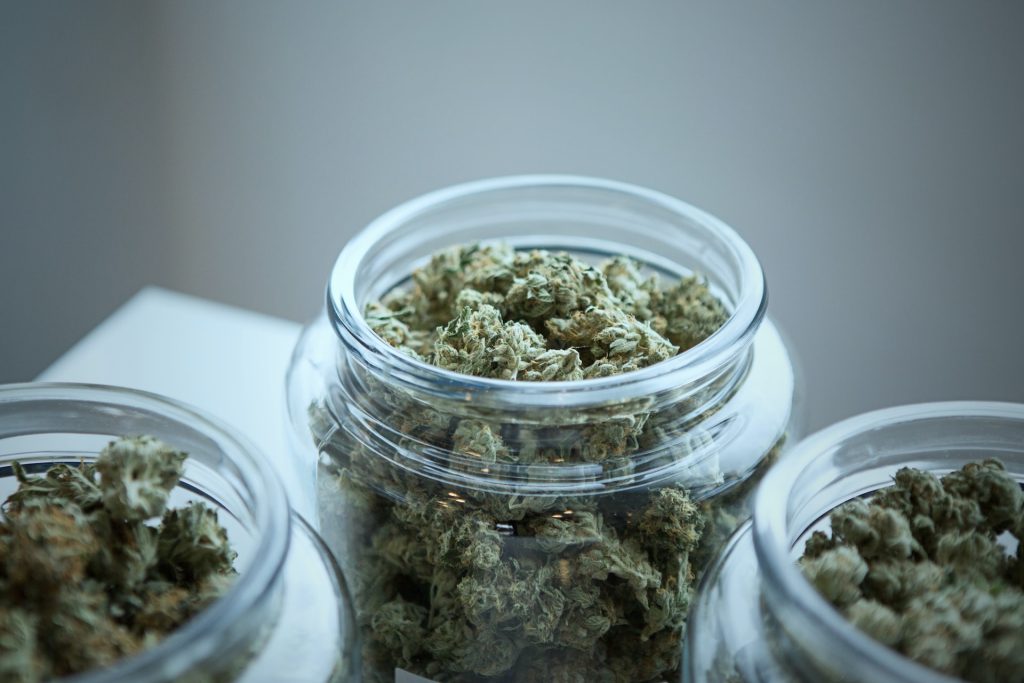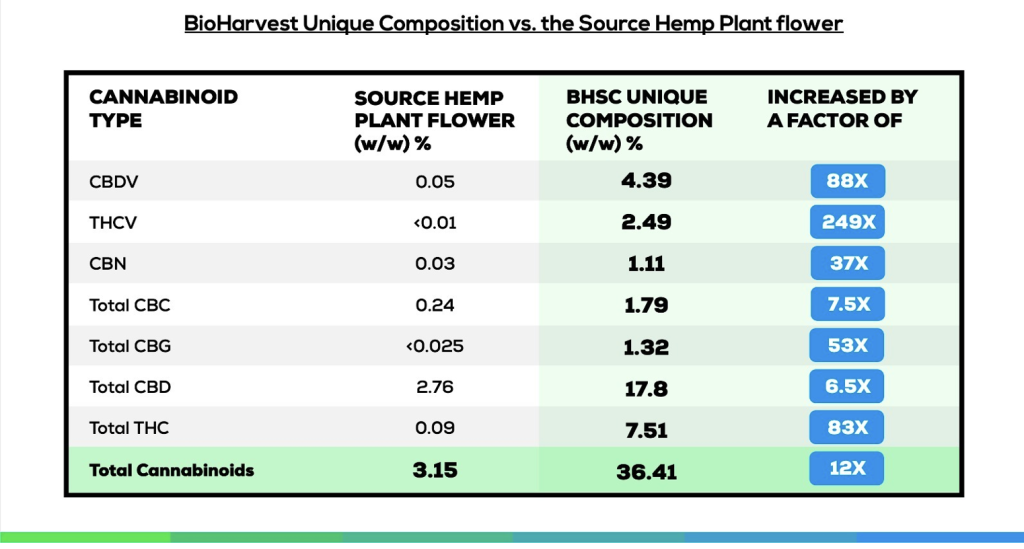An Israeli company has cloned cannabis using a bioreactor. The resulting biomass not only showed cannabinoid concentrations that were 12x higher than those of the source material, but also required significantly less water, electricity, and land to produce than an equivalent quantity of plant material. The innovation could significantly reduce the cost and environmental impact of cannabis.
Cannabis Breakthrough: Israeli Bioreactor Grows Cells with 12X Potency


An Israeli company cloned cannabis cells and used a bioreactor to grow biomass containing all the active compounds of cannabis. The resulting substance is 12 times more potent than the source cannabis plant.
BioHarvest Sciences says this breakthrough could make the medical benefits of cannabis available in a cheaper, cleaner, and greener form. The company has begun applying for the necessary licenses to produce and sell its product for medical use in Israel and the United States.
No Cannabis Plant Is Grown
“We don’t grow the plant at all,” BioHarvest CEO Ilan Sobel told The Times of Israel. The process involves “replicating” cells taken from the cannabis plant in large tanks called bioreactors to produce a huge number of identical cells.
“We grow it in huge bioreactors in just three weeks – while normal cannabis cultivation takes 14 to 23 weeks,” Sobel said. “Our technology can also significantly increase the concentration of active ingredients, expressed as a percentage of weight, compared to what is normally found in the plant.”
A Breakthrough Innovation
Each gram formed in the bioreactor at Rehovot requires less water and other resources for growth than a gram of dried cannabis plant, Sobel said.
The company says the impact of this innovation on the cannabis market will be “breathtaking.” Representatives of BioHarvest declined to give details of the technology they used, but said the potency of the substance produced was increased 12-fold solely by changing the environment inside the bioreactor.
The biomass coming out of the bioreactor consists of cells that are identical to those found in cannabis, Sobel said. Patients can receive it in smokeable form or as pills, drops, chewing gum, and several other formats.
Biomass Substance Has Full Spectrum of Cannabis Plant
In addition to the high concentration of active compounds, the biomass has the full spectrum of compounds found in the cannabis plant, not just some of them.
“Our composition contains significant amounts of both major cannabinoids, such as CBD and THC, as well as significant amounts of minor cannabinoids,” Sobel said.


Addressing the Challenges of Cannabis Cultivation: Power, Water, and Land
A controlled environment in a bioreactor can address two challenges of cannabis cultivation: contaminants and discrepancies in cannabinoid concentrations in plants. Sobel said the bioreactor environment protects against contaminants such as fungi, and the controlled nature of production ensures a product with consistent levels of active compounds.
BioHarvest says that if its biomass goes on sale, it will be cheaper than traditional cannabis flowers and have a lower environmental impact. According to the company’s calculations, each kilowatt of electricity produces eight times more material from the bioreactor than for cannabis plants. As for water, each liter of water produces 12 times more bioreactor material than plant material. Land requirements are reduced by more than 90%.
—
(Featured image by Add Weed via Unsplash)
DISCLAIMER: This article was written by a third-party contributor and does not reflect the opinion of Hemp.im, its management, staff, or its associates. Please review our disclaimer for more information.
This article may include forward-looking statements. These forward-looking statements generally are identified by the words “believe,” “project,” “estimate,” “become,” “plan,” “will,” and similar expressions. These forward-looking statements involve known and unknown risks as well as uncertainties, including those discussed in the following cautionary statements and elsewhere in this article and on this site. Although the Company may believe that its expectations are based on reasonable assumptions, the actual results that the Company may achieve may differ materially from any forward-looking statements, which reflect the opinions of the management of the Company only as of the date hereof. Additionally, please make sure to read these important disclosures.
First published by Fakty Konopne, a third-party contributor translated and adapted the article from the originals. In case of discrepancy, the original will prevail.
Although we made reasonable efforts to provide accurate translations, some parts may be incorrect. Hemp.im assumes no responsibility for errors, omissions, or ambiguities in the translations provided on this website. Any person or entity relying on translated content does so at their own risk. Hemp.im is not responsible for losses caused by such reliance on the accuracy or reliability of translated information. If you wish to report an error or inaccuracy in the translation, we encourage you to contact us.



Comments are closed for this post.